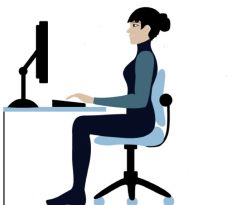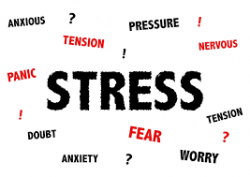
Stress and anxiety can affect people of all ages—whether you are near retirement or a stressed student. The key to reduce stress and anxiety is through the self-satisfaction of effort.
As the story about stress and age goes, there was a dentist in Duluth, Minnesota who had more patients at age 89 than he ever had in his previous years of practice.
His hands were steady, and his peers considered him very competent. Whenever anyone asked him about the possibility of retirement and giving up the stress, he’d say with a twinkle in his eye, “I’ll quit when they carry me up the hill, feet first.” Apparently, anxiety and stress were not a concern to him.
Contrast this with a … >>>
READ MORE >>> →



















